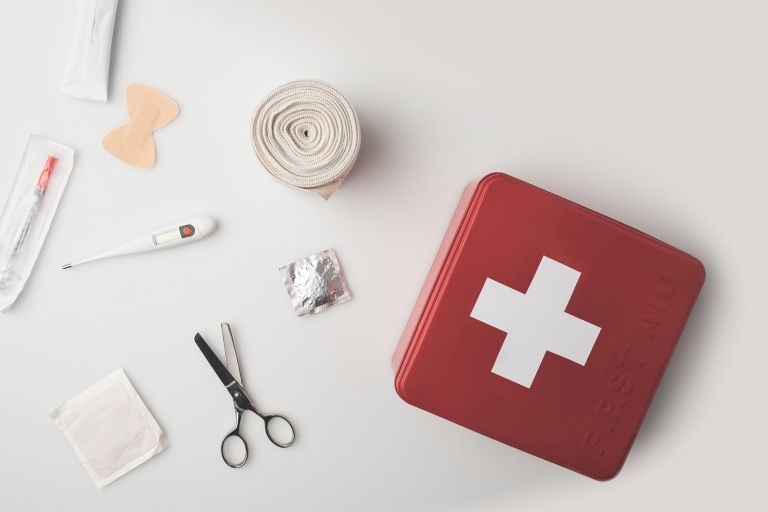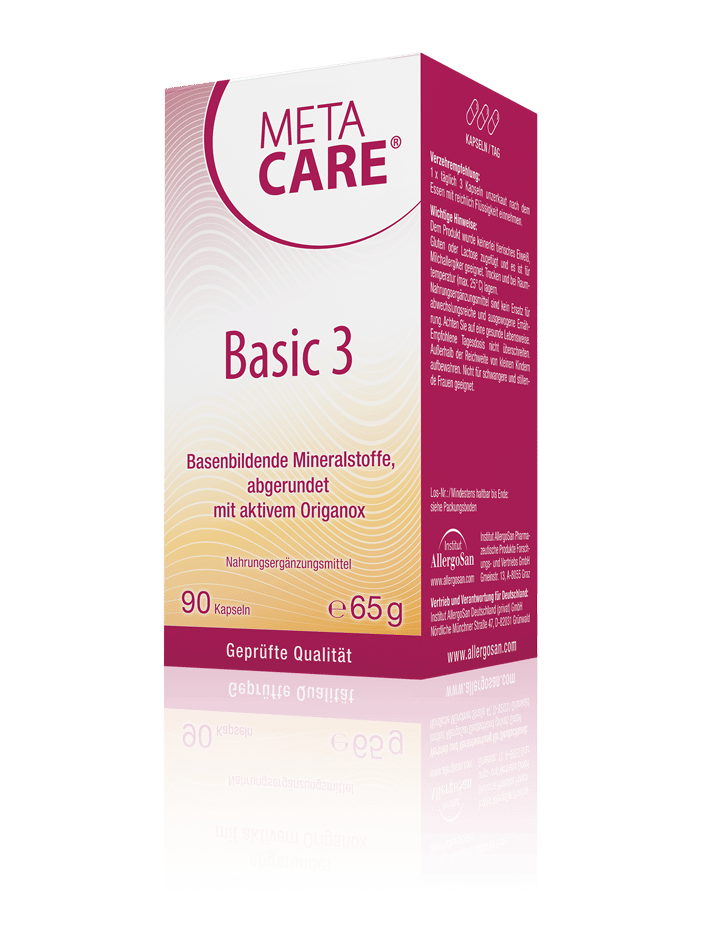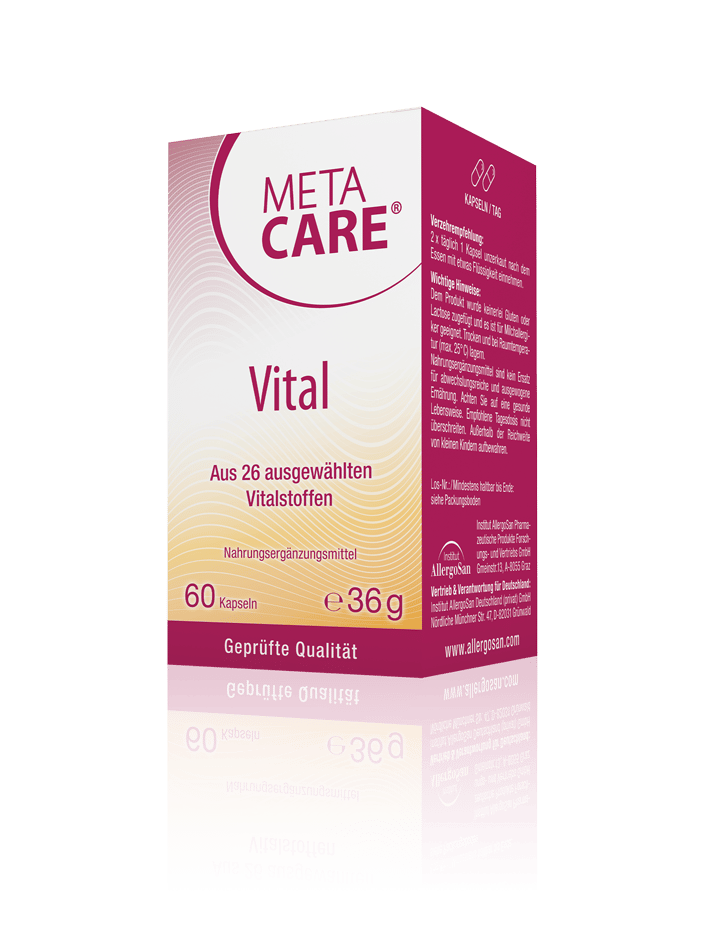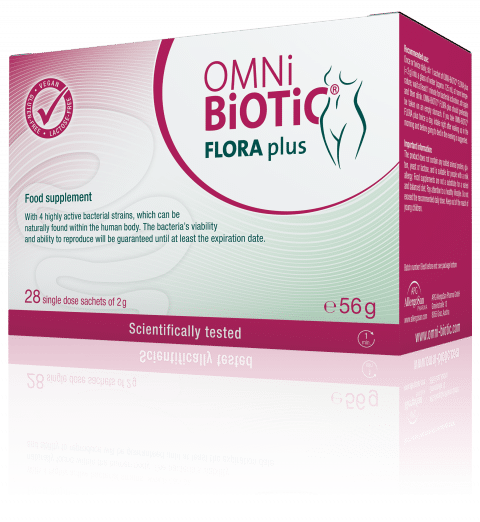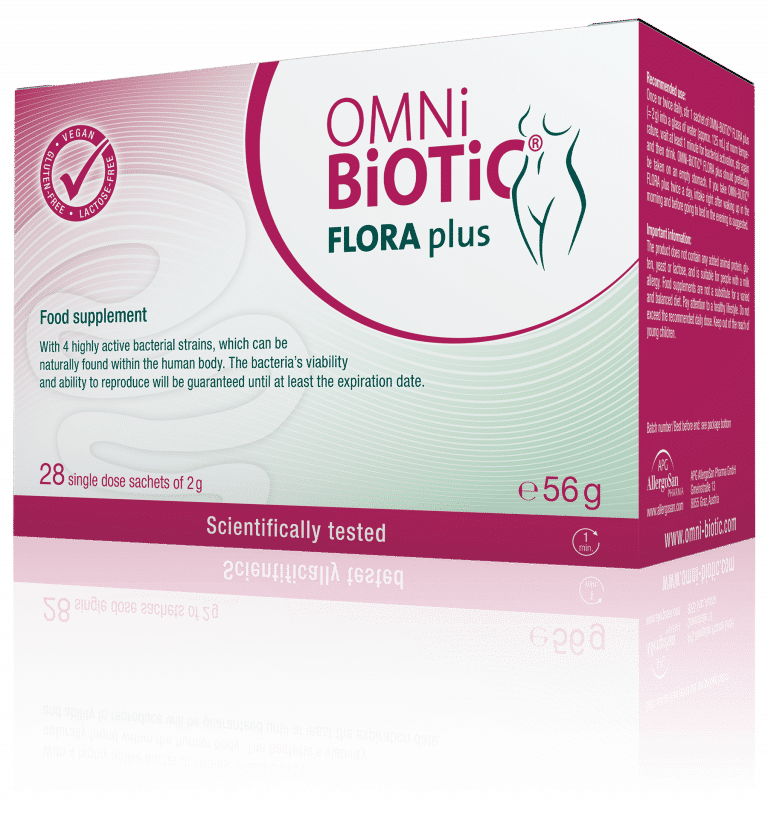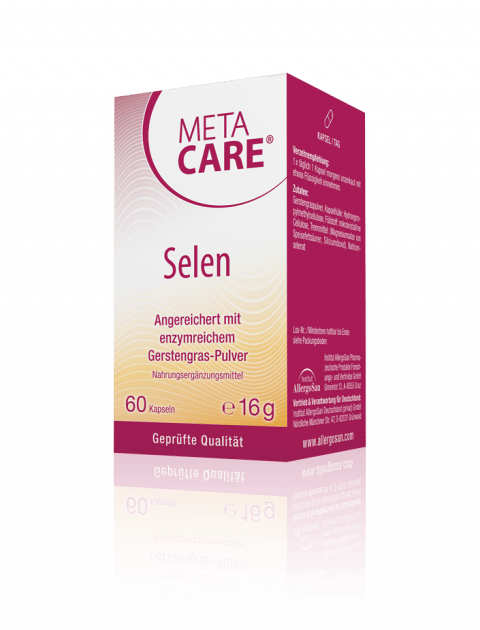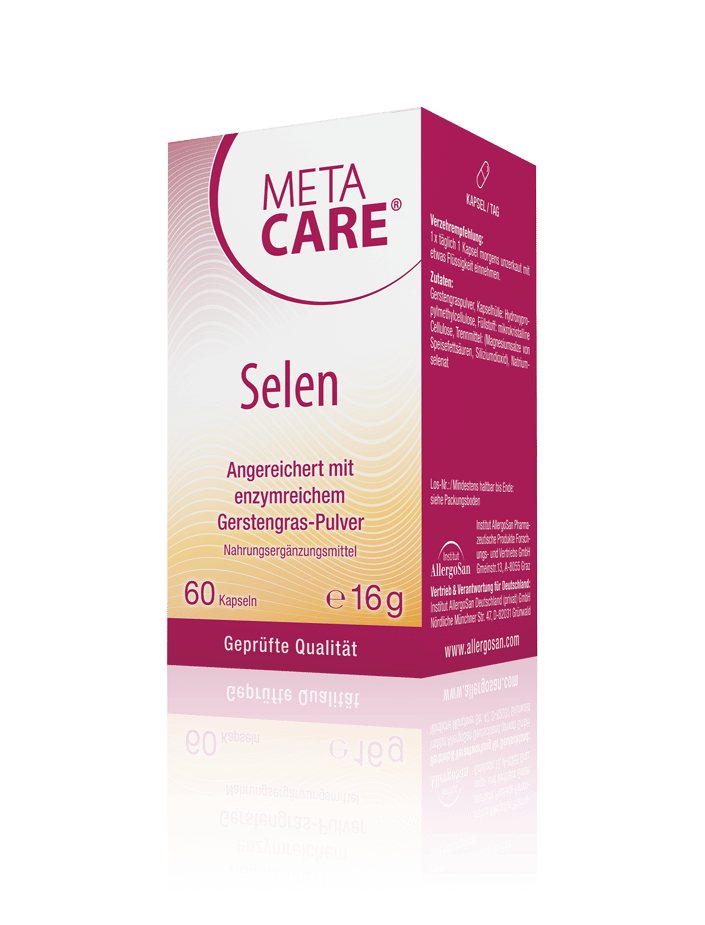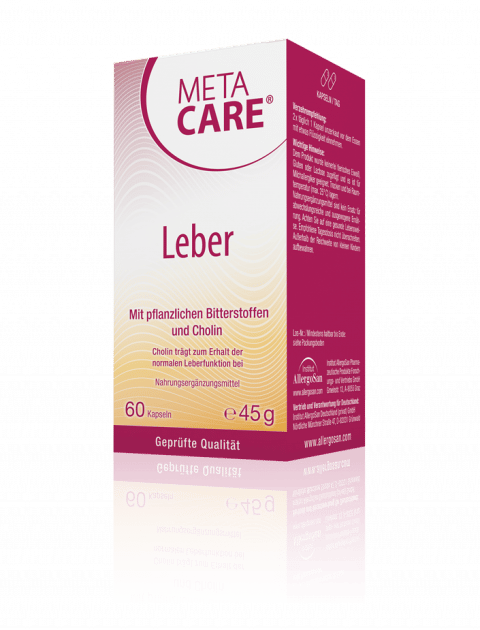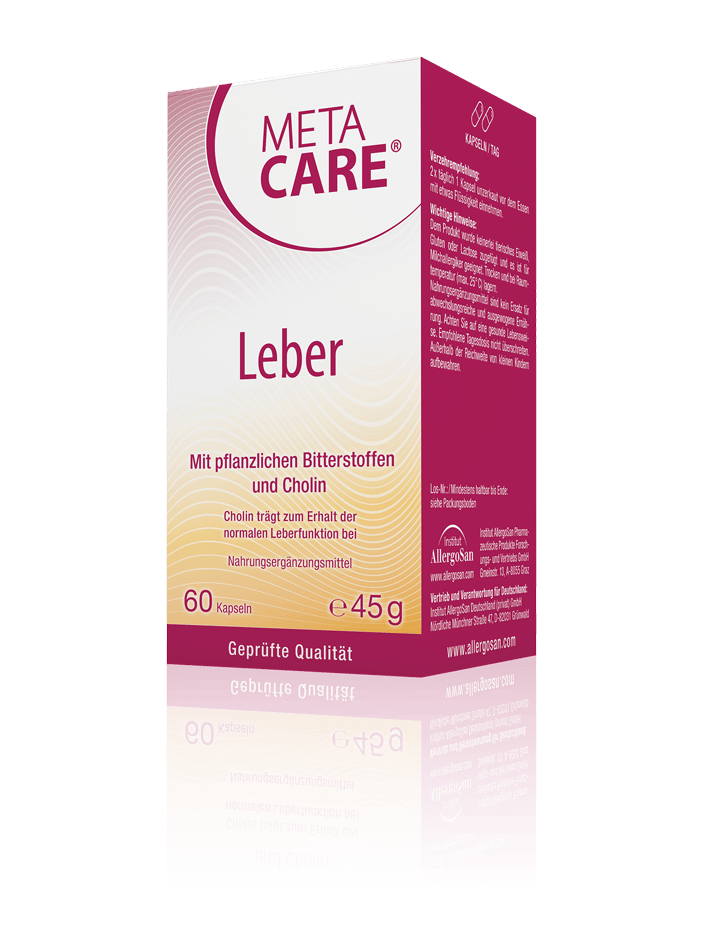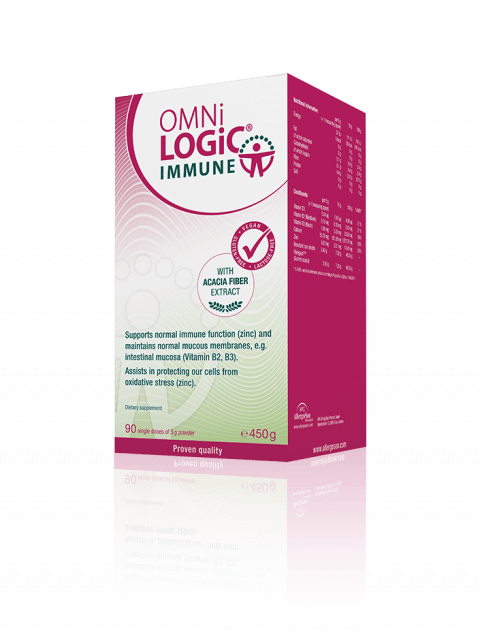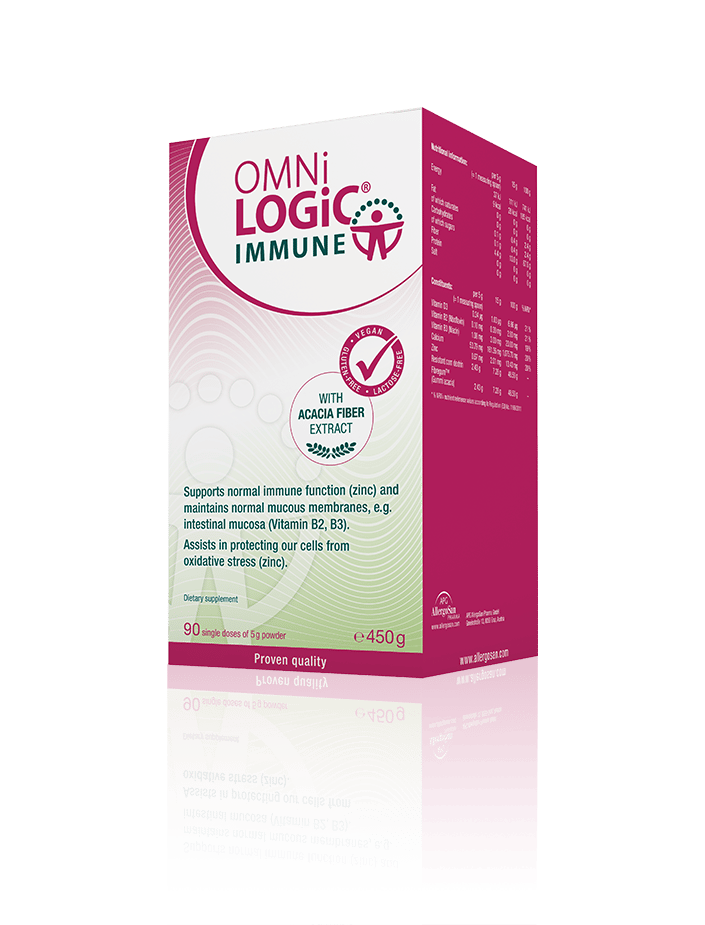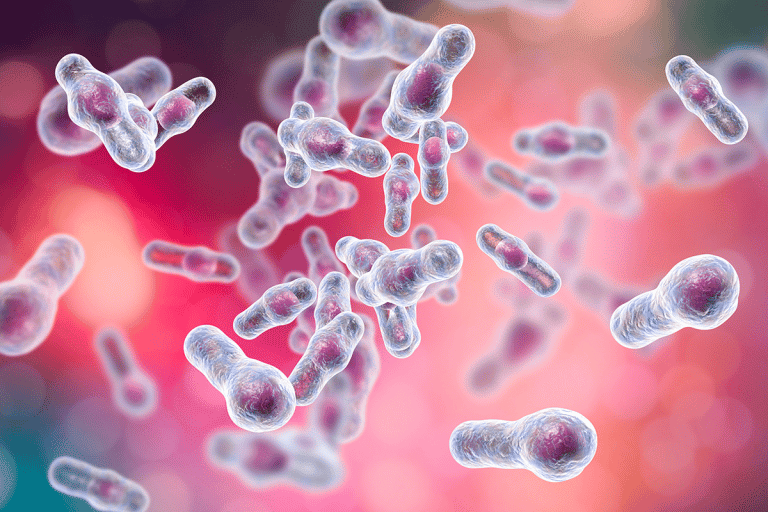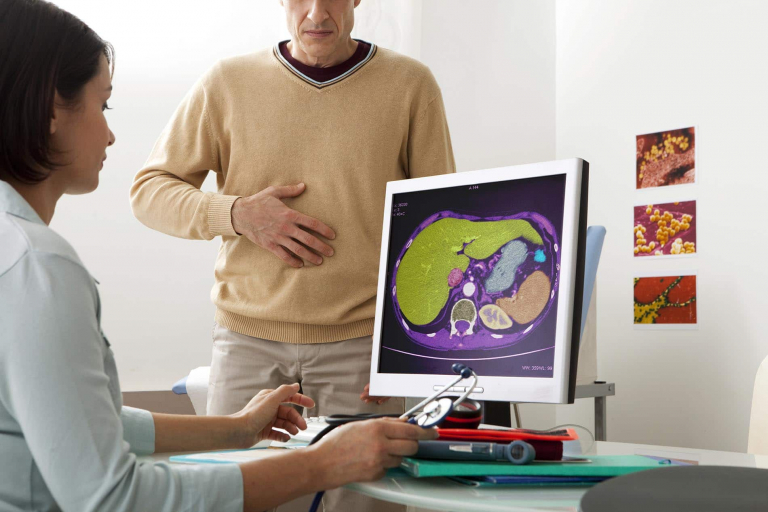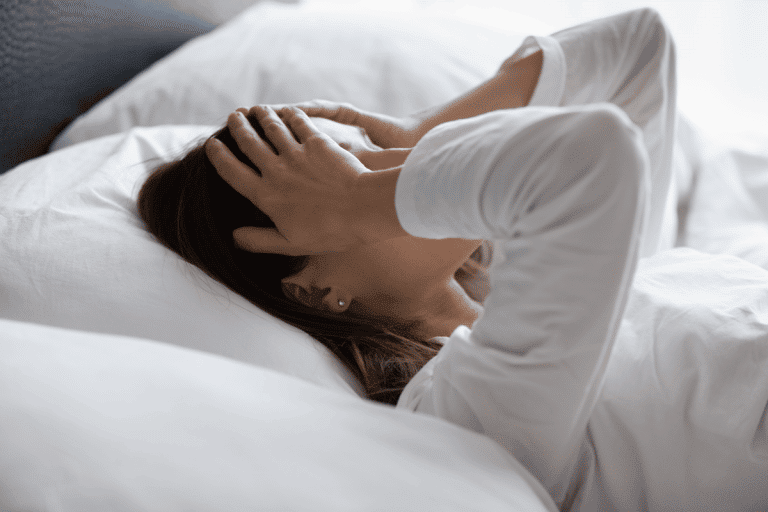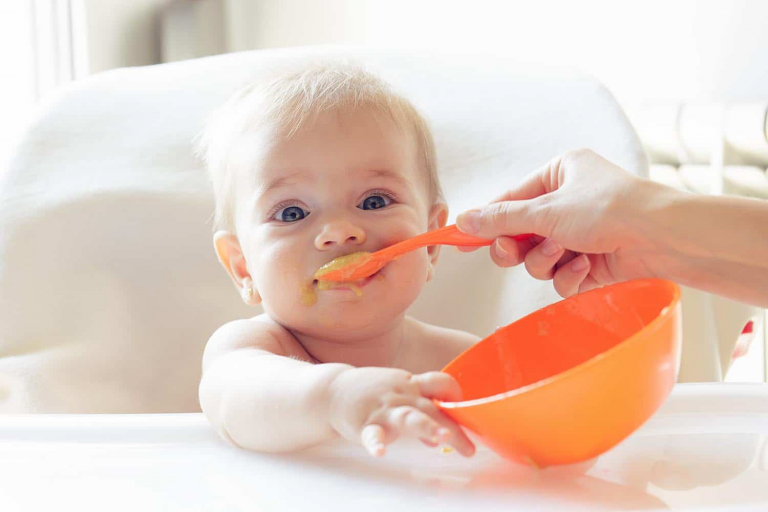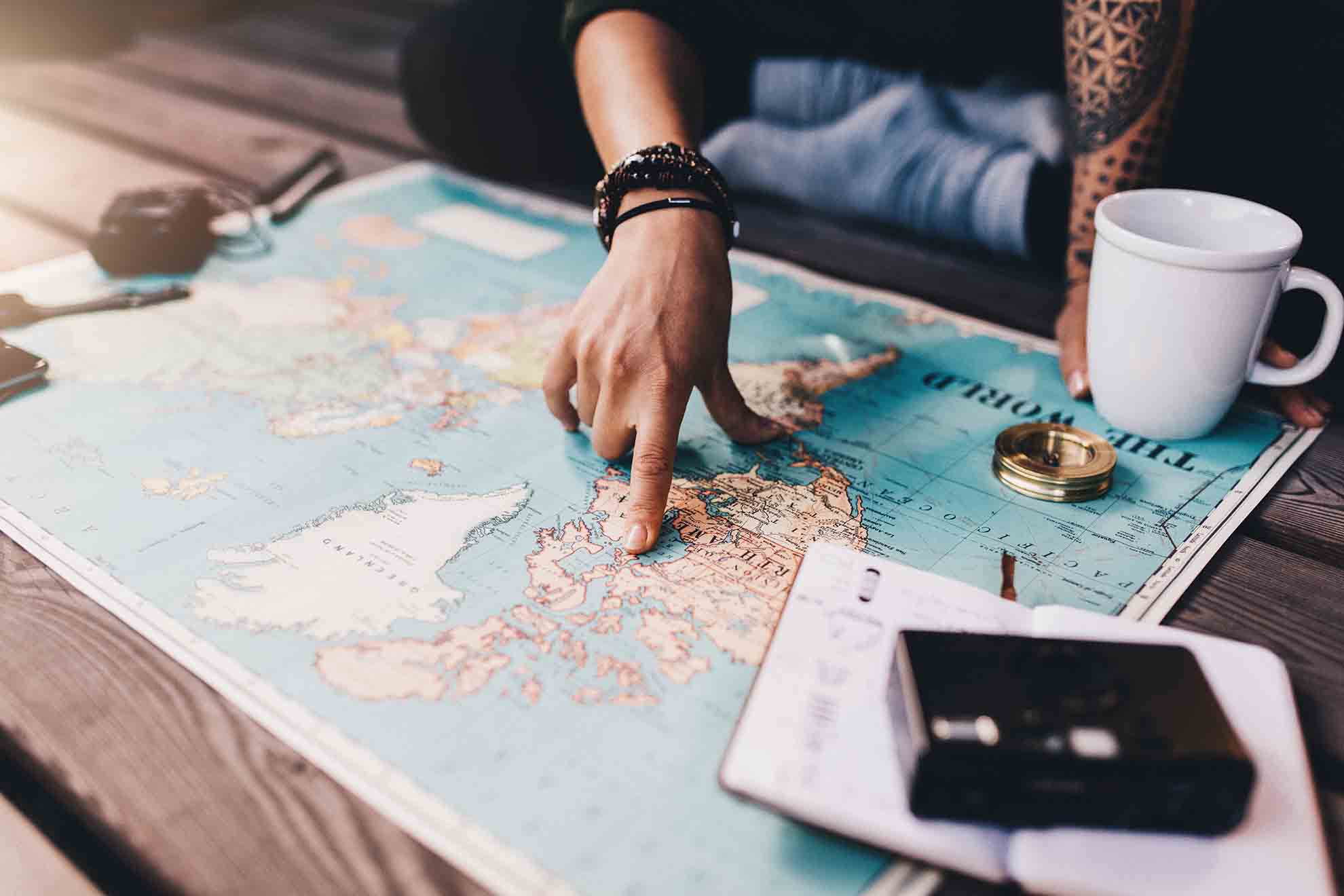
Gut Health on Holiday
Keep your gut healthy on holiday!
On every trip - whether for pleasure or professional reasons – your gut plays a central role. After all, it's often not just summer and sunshine that await you at your destination, but also harmful bacteria! Some of them are really nasty and they can really put a spanner in the works of a relaxing stay abroad.

Often, unwanted bacteria, such as enterotoxic Escherichia coli (ETEC), salmonella, shigella or campylobacter, lead to severe diarrhoea - and "Montezuma's revenge" ties sufferers to the toilet for days.
The risk of this varies depending on the destination, but especially in popular holiday destinations such as Asia, Africa and Latin America, the probability of getting caught by bad bacteria is particularly high (approx. 50 % - on Nile cruises even up to 80 %). ETEC bacteria are responsible for most travellers' diarrhoea - but these harmful germs are usually excreted with the diarrhoea and the symptoms usually subside within a few days. It becomes more dangerous, however, when salmonellae and co. spread in your intestines. These pathogens can settle in the intestinal wall and continue to cause symptoms for months and years after the holiday. That's why it's important to prepare your intestines as well as possible for every trip. In addition to simple hygiene tips, experts also recommend specially developed travel probiotics that support your own intestinal flora, displace pathogenic germs and reduce the duration of diarrhoea.
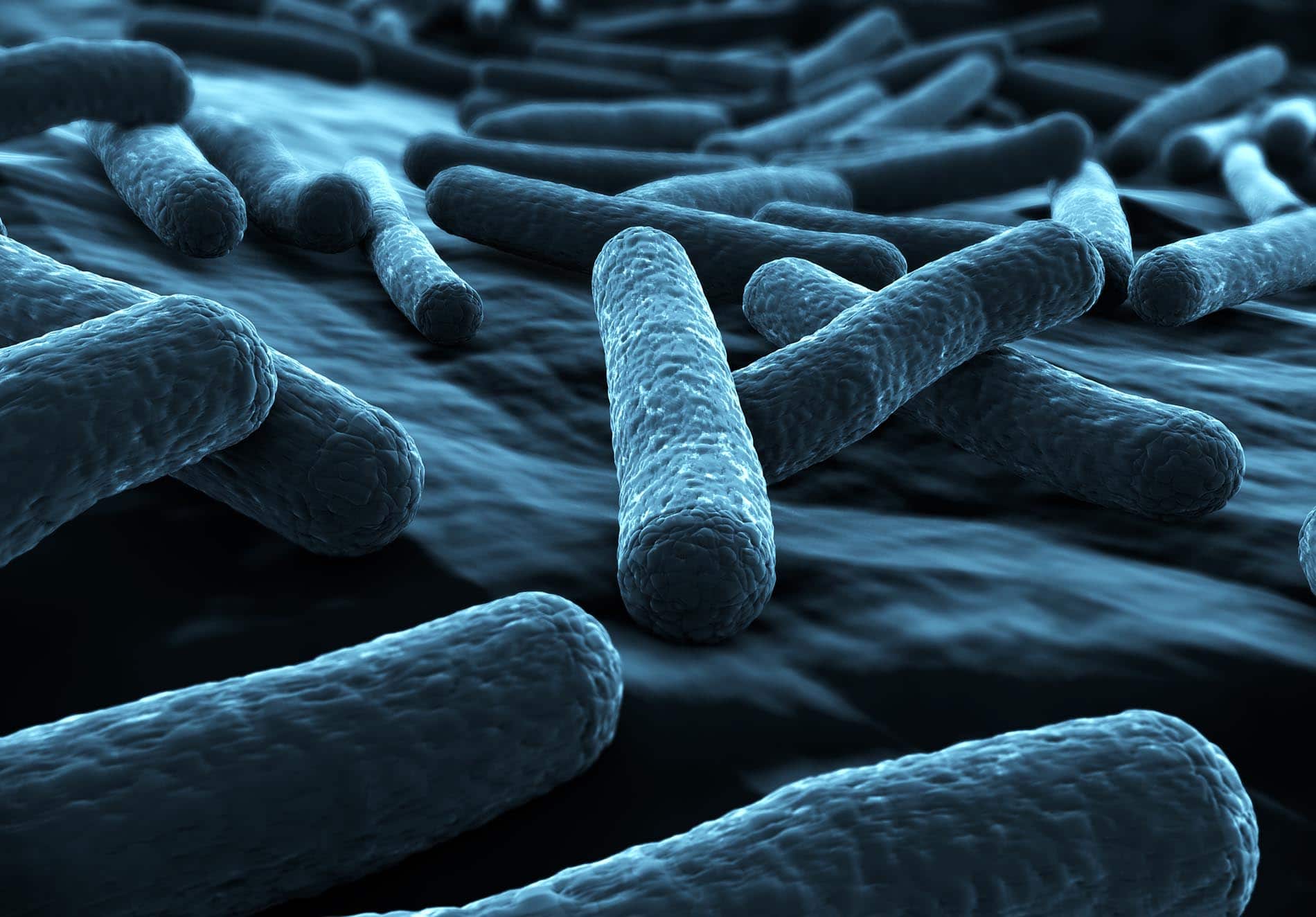
Travellers‘ Diarrhoea
Travellers' diarrhoea usually begins between the third and ninth day of travel and usually lasts four days (+/- two days). Both the frequency of bowel movements (three to six times per day) and the water content (up to 85%) are greatly increased. Diarrhoea is often accompanied by cramping pain during defecation (65-70%), nausea and vomiting (30-45%) and fever (12-25%).
Travellers’ diarrhoea risk in different countries
- High risk: Up to 50% fall ill with diarrhoea on trips to Latin America, Asia, Africa - on Nile cruises even up to 80% of travellers can be affected.
- Medium risk: In Southern Europe, Israel and the Caribbean, 10-20% have travellers' diarrhoea.
- Low risk: Less than 8% of travellers to Northern Europe, North America, Australia, New Zealand, and Japan suffer from diarrhoea.
What should you do if you have diarrhoea?
- Drink a lot to keep the fluid balance (tea, boiled water, etc. - but no soft drinks as sugar extracts even more water from the body).
- Eat easily digestible light foods (e.g., bread, steamed carrots, rice, porridge, etc.).
- Take probiotics to help the intestinal flora fight off the diarrhoeal pathogens.
When should a doctor be consulted?
If the symptoms do not improve within two to three days, if the stool contains blood or mucus, if you have a high fever, severe exhaustion and circulation problems, a doctor should be consulted. This also applies to diarrhoea that occurs in children under two years of age, pregnant women, senior citizens, or weakener people. Likewise, a doctor should be consulted in the case of a suspected infection with salmonella or with highly contagious germs, as well as in the case of suspected diseases such as typhoid and cholera.
Bacterial vaginosis, candidiasis and herpes virus infections
Women often have to deal with completely different problems during and after travelling. Chlorine in the pool or harmful germs in public toilets break through even the strongest protective shield of the vaginal flora and often lead to bacterial vaginosis, candidiasis (fungal infection) or herpes virus infections. If the vaginal flora is already contaminated (e.g., due to hormonal changes or previous infections), the stress of travelling, a weakening of the immune system due to air conditioning or too many desserts from the all-inclusive buffet are enough to cause chaos in the intimate area and thoroughly spoil the holiday. The right probiotic bacteria bring the vaginal flora back into balance quickly and naturally.
Sometimes it may be necessary to take an antibiotic when travelling, e.g., due to diarrhoea or a bacterial infection. Especially when travelling, it is important to remember to take a suitable probiotic with each antibiotic in order to strengthen the intestinal flora as quickly as possible. In addition, herbal substances, the so-called humic acids, can bind and remove toxins and harmful substances and thus significantly support the regeneration of the intestine.
Bloating, Heartburn & Co.
In addition to diarrhoea, digestive complaints such as constipation and bloating, but also heartburn and stomach ache are common symptoms of gastritis. Stress, reduced fluid intake (or increased sweating), unfamiliar foods with a lot of fat and spices and one or two extra plates at the rich buffet can quickly overload the stomach and intestines. With gentle help from nature, e.g., from the papaya fruit or a combined preparation of oats and papaya, will get your gut back on track!
"Holidays in other countries can have an impact on your gut. Among other things, the change in lifestyle that comes with a holiday is responsible for this."
Foreign countries, unwanted germs
Where to watch out for!
- Egypt: The classic - up to 92% of visitors return from their Nile cruise with diarrhoea.
- Turkey (Türkiye): Even the most beautiful hotel does not protect against salmonella. The hands of the staff are crucial! Follow your own hygiene rules: wash your hands thoroughly and often.
- Far East: Listen for the "plop" sound when opening a water bottle. If you don't hear it, an old bottle has been filled with tap water (watch out for ice cubes too!).
- Mediterranean countries and often also Eastern Europe: Never drink water from the tap!
- Caribbean: Only eat what is well cooked, still hot, and completely cooked through - no meat or fish raw!
- Italy: Campylobacter species can even be found lurking in the upper Italian lakes, keep your mouth closed when swimming!
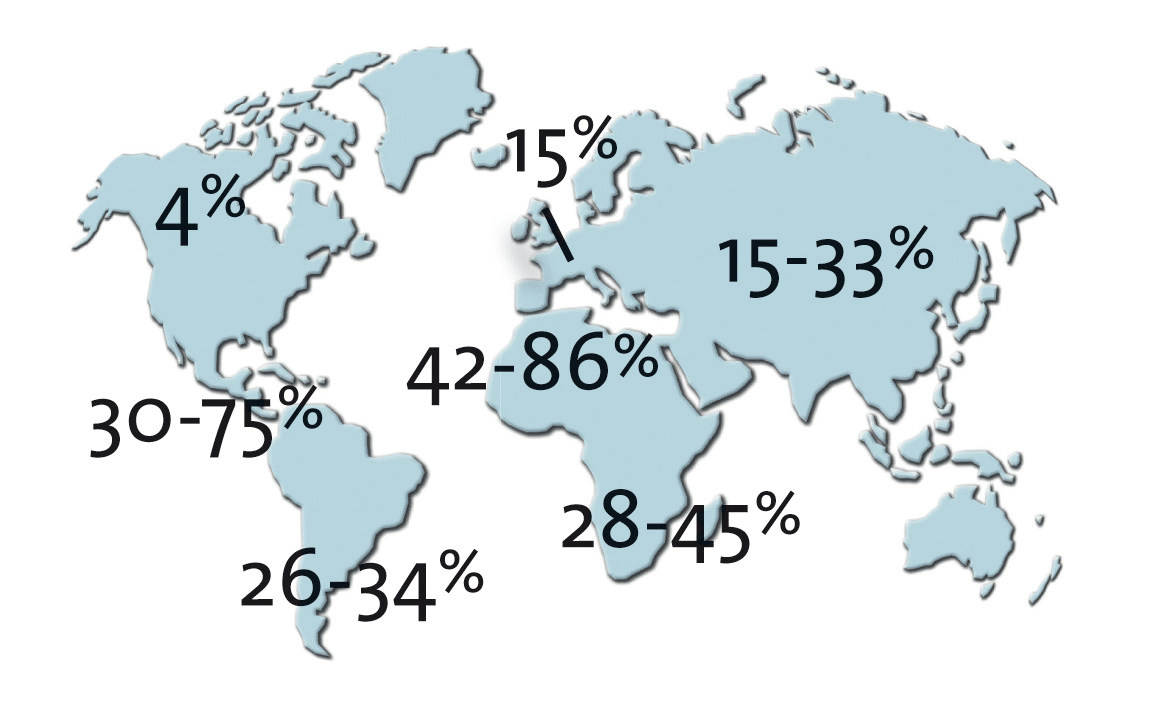
Checklist – Travel First Aid Kit
The scope and equipment of a first-aid kit can vary greatly depending on the holiday destination, type of trip and individual needs. However, regardless of the destination, you can find out in our article what you absolutely need in your suitcase and what precautionary measures you can take before you jet off.
